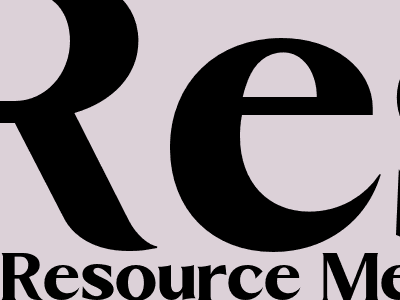
Resource Meaning: A Comprehensive Guide
Understanding the Concept of Resources
Resources are fundamental components that support various aspects of human life and economic activities. Broadly defined, resources encompass all entities that provide utility and serve as inputs for production and consumption. These can range from tangible assets such as natural resources and infrastructure to intangible assets like knowledge, skills, and time.
Types of Resources
Natural Resources:
- Renewable: Plants, animals, water
- Non-renewable: Minerals, fossil fuels
Natural resources are materials and substances found in nature that humans utilize for their needs.
Human Resources:
Human resources refer to the skills, knowledge, and abilities possessed by individuals within a society.
Capital Resources:
- Physical capital: Machines, buildings
- Financial capital: Money, investments
Capital resources are man-made assets used in the production process to generate goods and services.
Technological Resources:
Technological resources include innovations, inventions, and research and development that enhance productivity and efficiency.
Importance of Resources
- Economic growth: Resources are essential for industrial development, job creation, and wealth generation.
- Human well-being: Access to resources, such as healthcare, education, and housing, contributes to improved quality of life.
- Environmental sustainability: Responsible use of resources helps preserve natural ecosystems and mitigate climate change.
Resource Management
Effective resource management is crucial for ensuring the availability and sustainable use of resources for present and future generations. This involves:
- Conservation: Minimizing resource consumption and reducing waste.
- Exploration: Identifying and accessing new resource sources.
- Sustainability: Utilizing resources without compromising future availability.